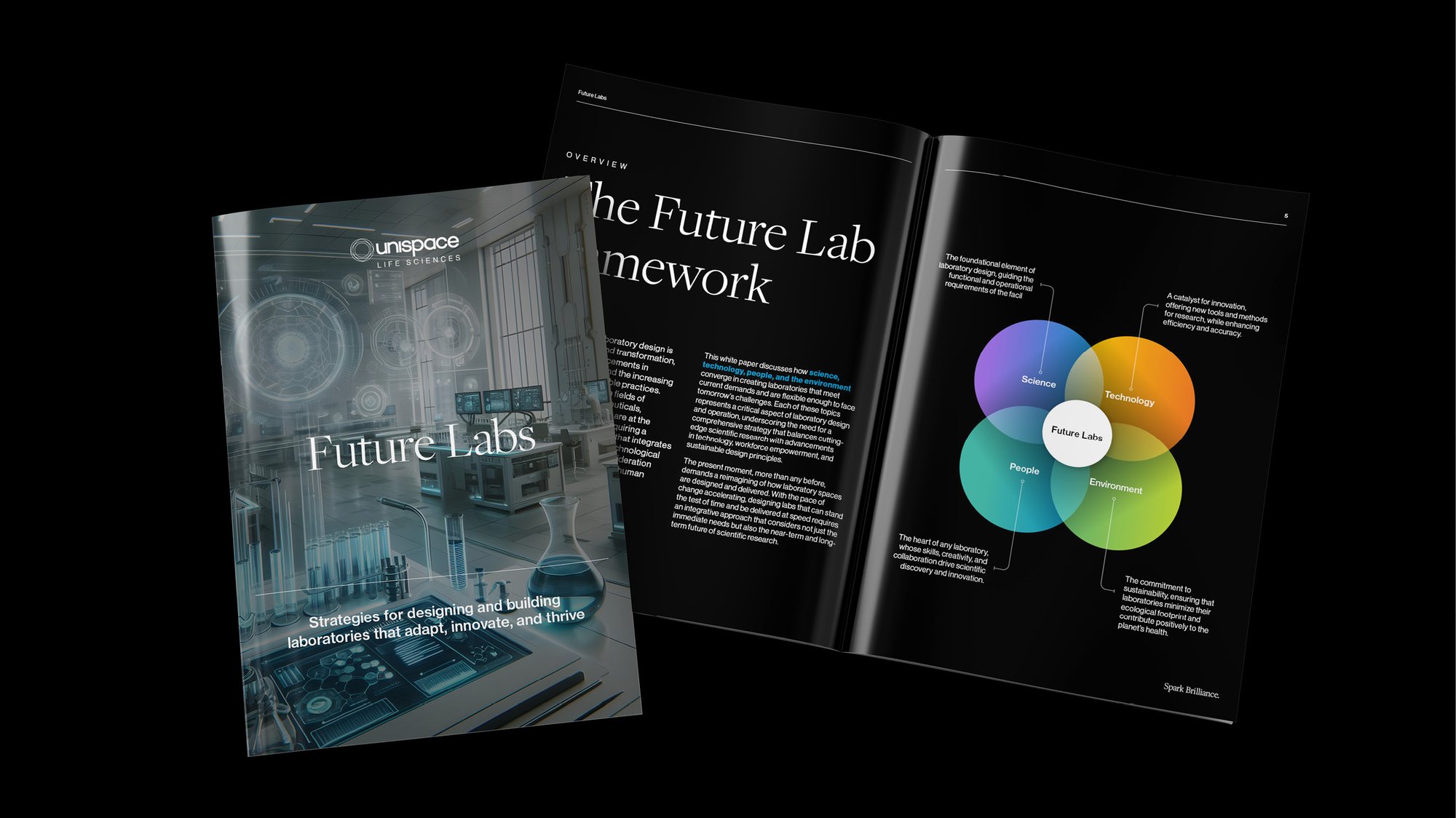At Unispace Life Sciences, we recognize that excellence begins with comprehension — understanding the intricate needs of your life sciences design and construction project is not just a priority, but essential.
With our "science-first" approach, we delve deep into the details of your project's requirements to ensure our design solutions are as meticulous and precise as the scientific work they aim to serve.
At a glance
- What is our “science-first” approach?
- Why prioritize science when designing and building a laboratory?
- Our “science-first” approach is tried and tested
What is our “science-first” approach?
Far from being a conceptual ideal, our science-first approach is the practical backbone of Unispace Life Sciences’ laboratory design and construction process. By prioritizing the unique requirements of scientific inquiry from the outset, laboratories can become centers of innovation and discovery, enabling scientists to address global challenges effectively. This approach emphasizes strategic planning and collaboration, ensuring that research environments are not only functional for current needs but also adaptable to future scientific advancements.
Centered around the foundational pillars of scientific workflow, we start with rigorous strategic planning and foster collaborative interaction to create lab spaces that are not only functional today but possess inherent flexibility to meet the unpredictable demands of tomorrow.
Our expertise extends past the visible structures and into the deeper layers that impact life-changing scientific discoveries that can change the world. From lab benching and configuring aesthetics to services development, we consider every aspect — building feasibility, lab research area, process flow, equipment review, mechanical and engineering requirement, regulatory imperatives, health, safety, and beyond — with the thoroughness that science demands.
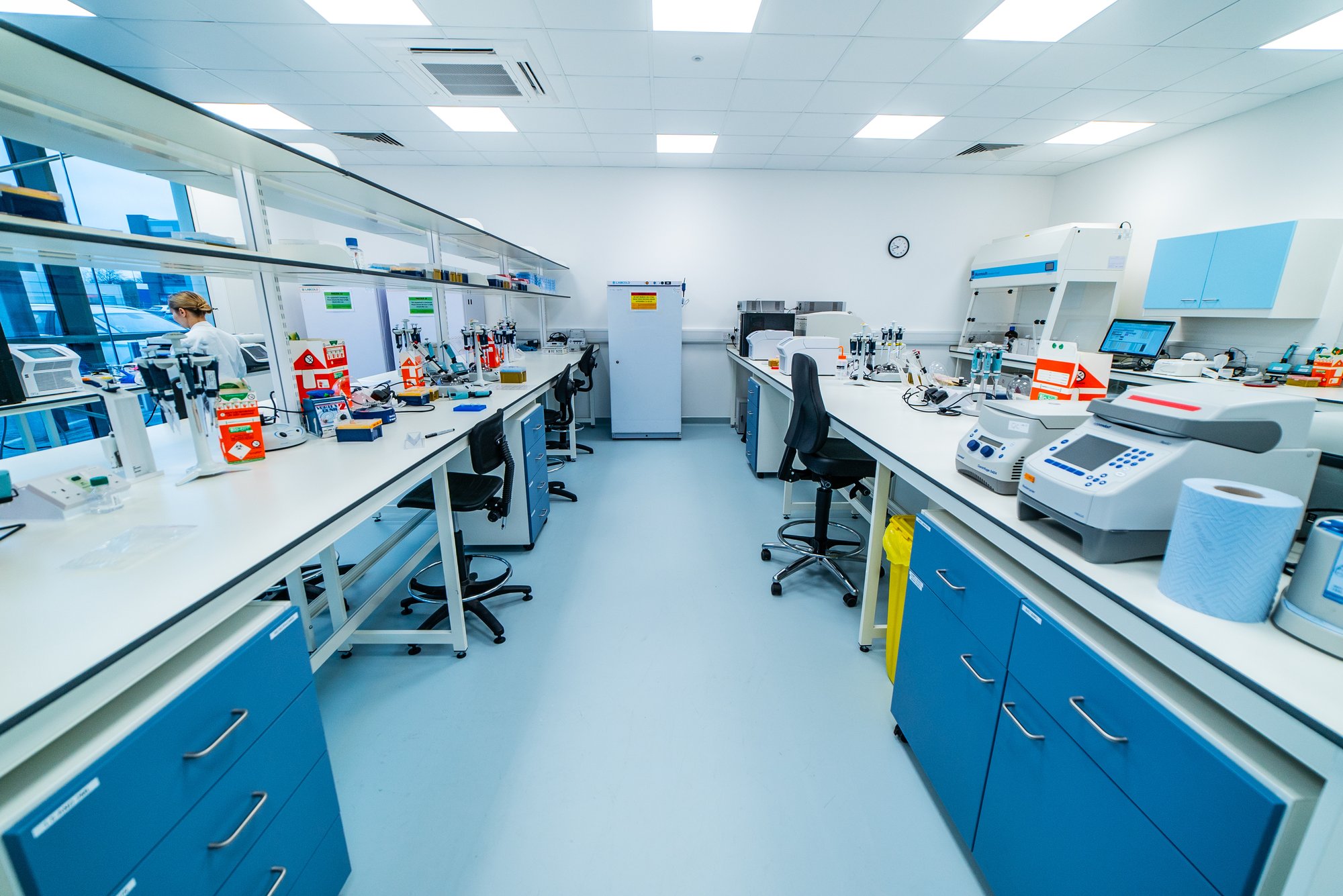
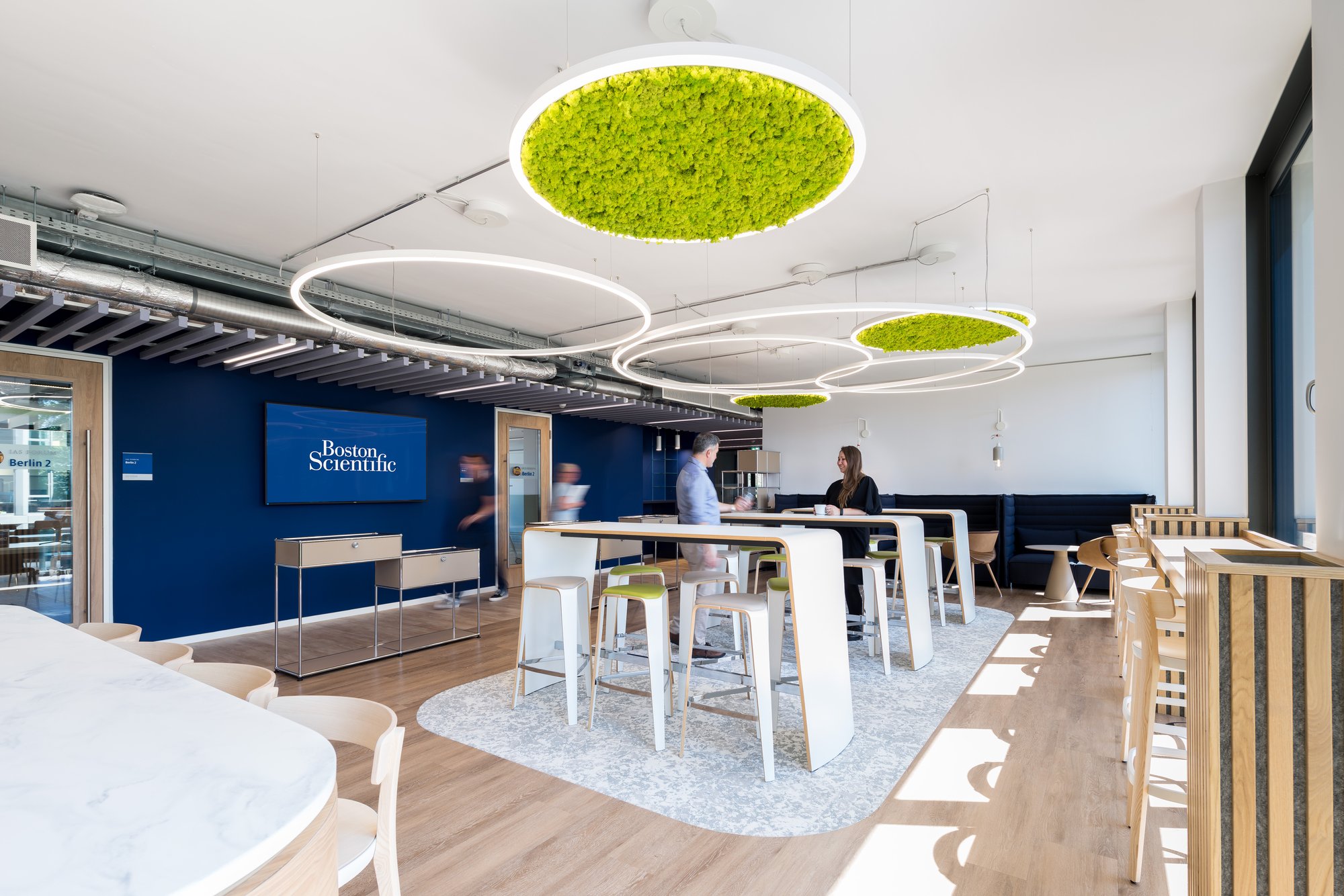
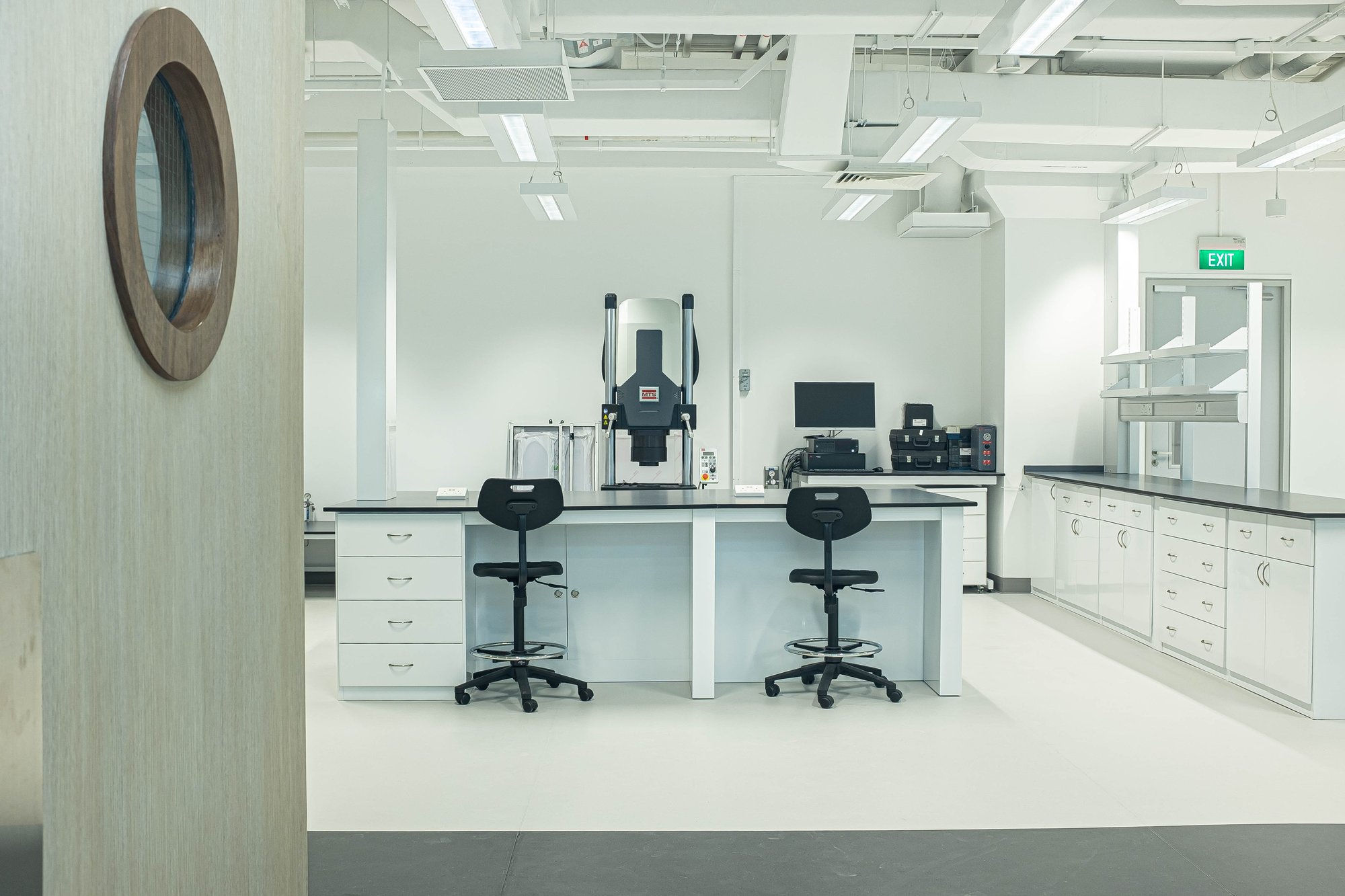
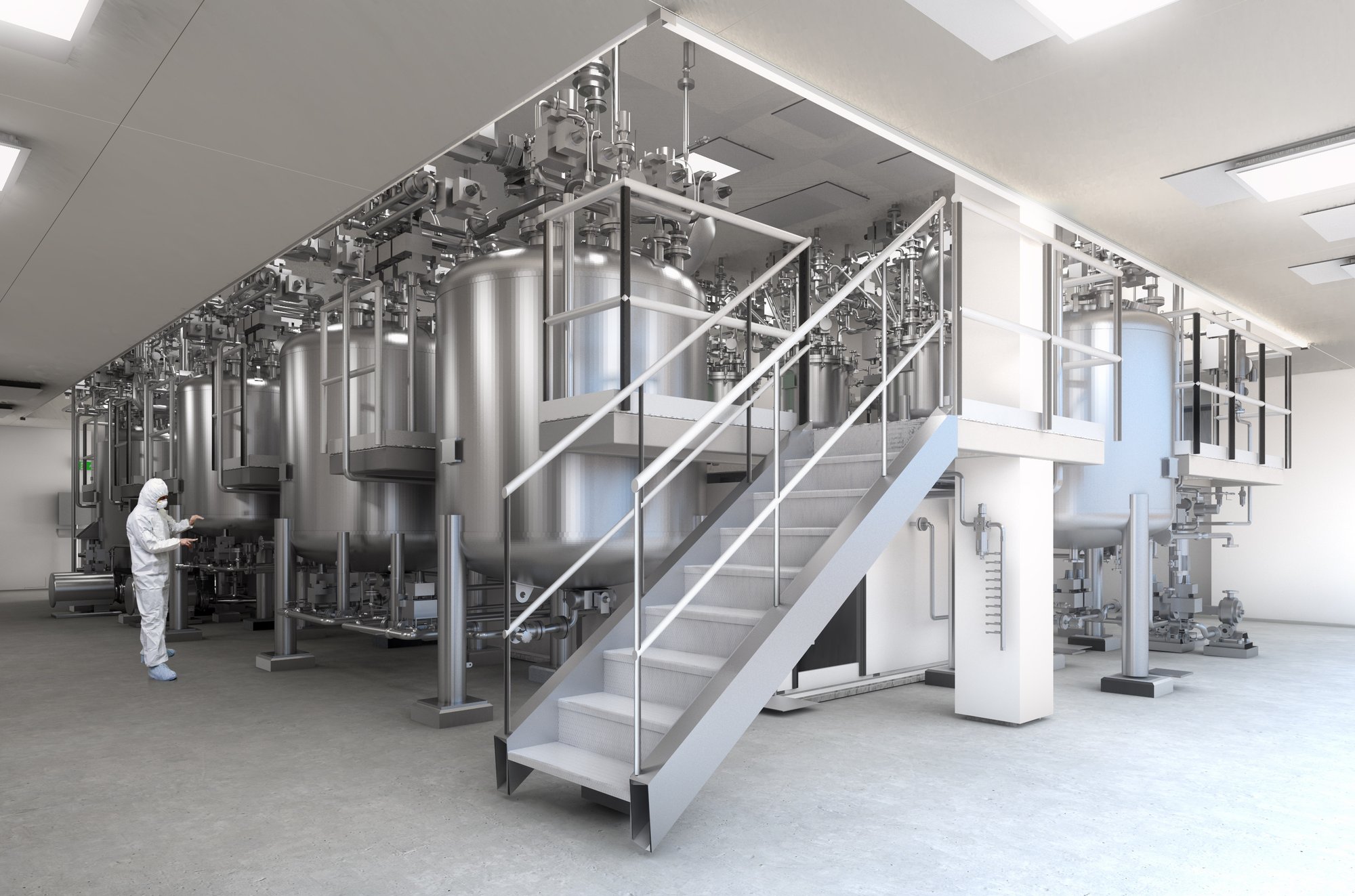
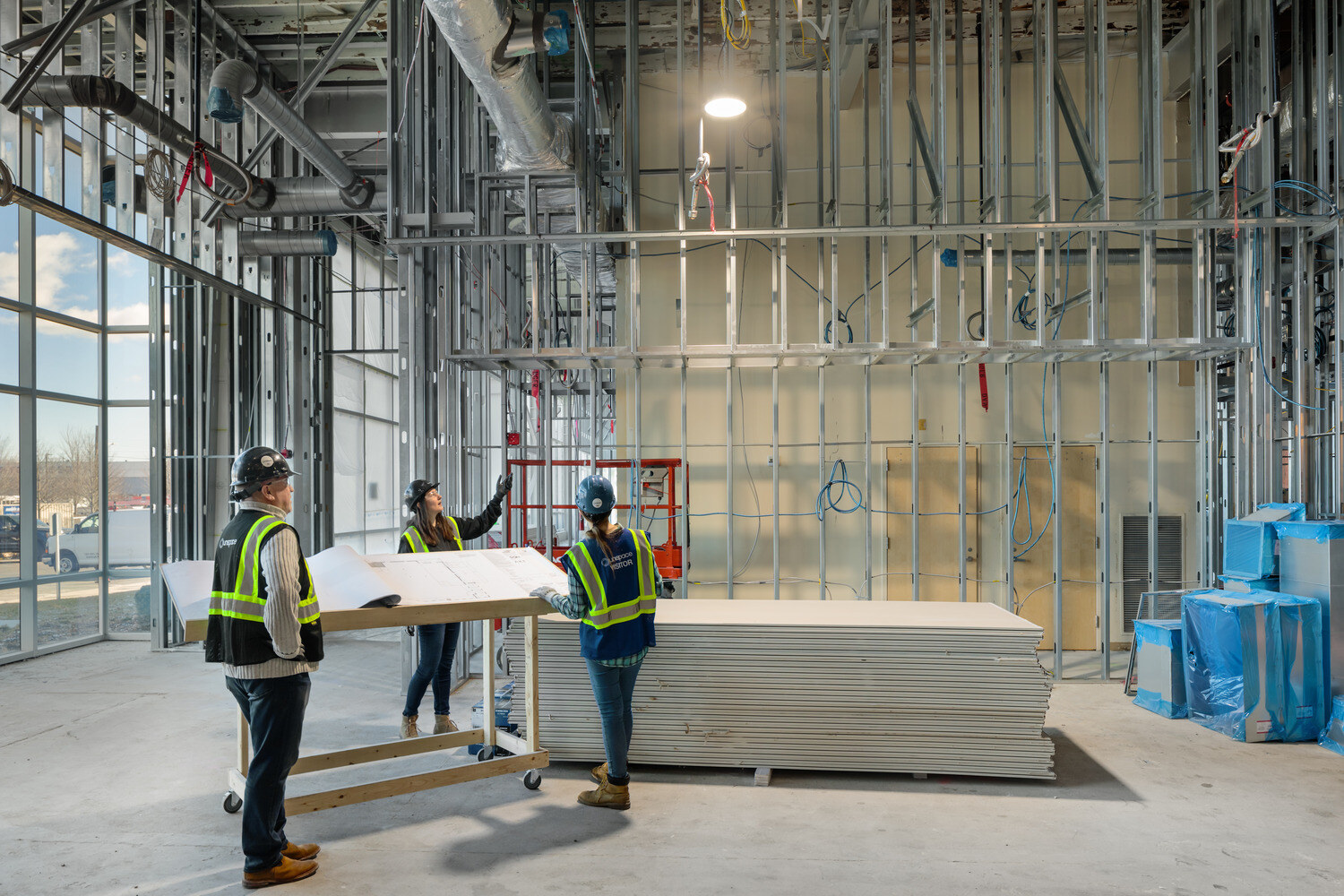
Why prioritize science when designing and building a laboratory?
By anchoring our designs in the science they will support, we create spaces that enable your team to excel toward their unique objectives. Here's why the science-first approach is pivotal:
- Getting it right the first time. In science and technology research, time is essential. It’s important to work collaboratively with a range of stakeholders from ‘conception to completion’ to anticipate potential issues, mitigate risks, and help your team avoid any downtime that could impact ongoing research. Your number one priority should be meeting the needs of the end-user so that they can successfully achieve their goals without unnecessary delays due to rework.
- Flexibility for the future. In an industry as dynamic as life sciences, laboratories aren't static entities but evolving spaces. A design that embraces flexibility from inception can lessen the impact of change, allowing for smooth adaptation and enduring relevance. This forward-looking mindset can help ensure the longest use life of any laboratory project.
- Building process trust. Involving the end-users — the researchers and laboratory team— early in the design process fosters a sense of ownership and trust. Their insights are invaluable, paving the way for an infrastructure that is aptly suited to those who are using it every day. No one knows more about the details of a laboratory's requirements than the team that will bring it to life, so understanding their specific needs and documenting them as a joint effort is an essential step in the process.
- Supporting a connected ecosystem Recognizing that life sciences thrive on teamwork, we aim to embed this communal spirit into our designs. Our facilities don’t just cater to individual researchers; they're organized to inspire and facilitate synergy between interdisciplinary teams, industry partners, and academic collaborators.
- Keeping up with trends. Staying at the frontier of lab design means keeping an astute eye on emerging trends that shape R&D facilities. As progress in science propels industry benchmarks forward, our designs stay ahead, ensuring that your space is always ready to keep your team on the forefront with the latest in scientific innovation.
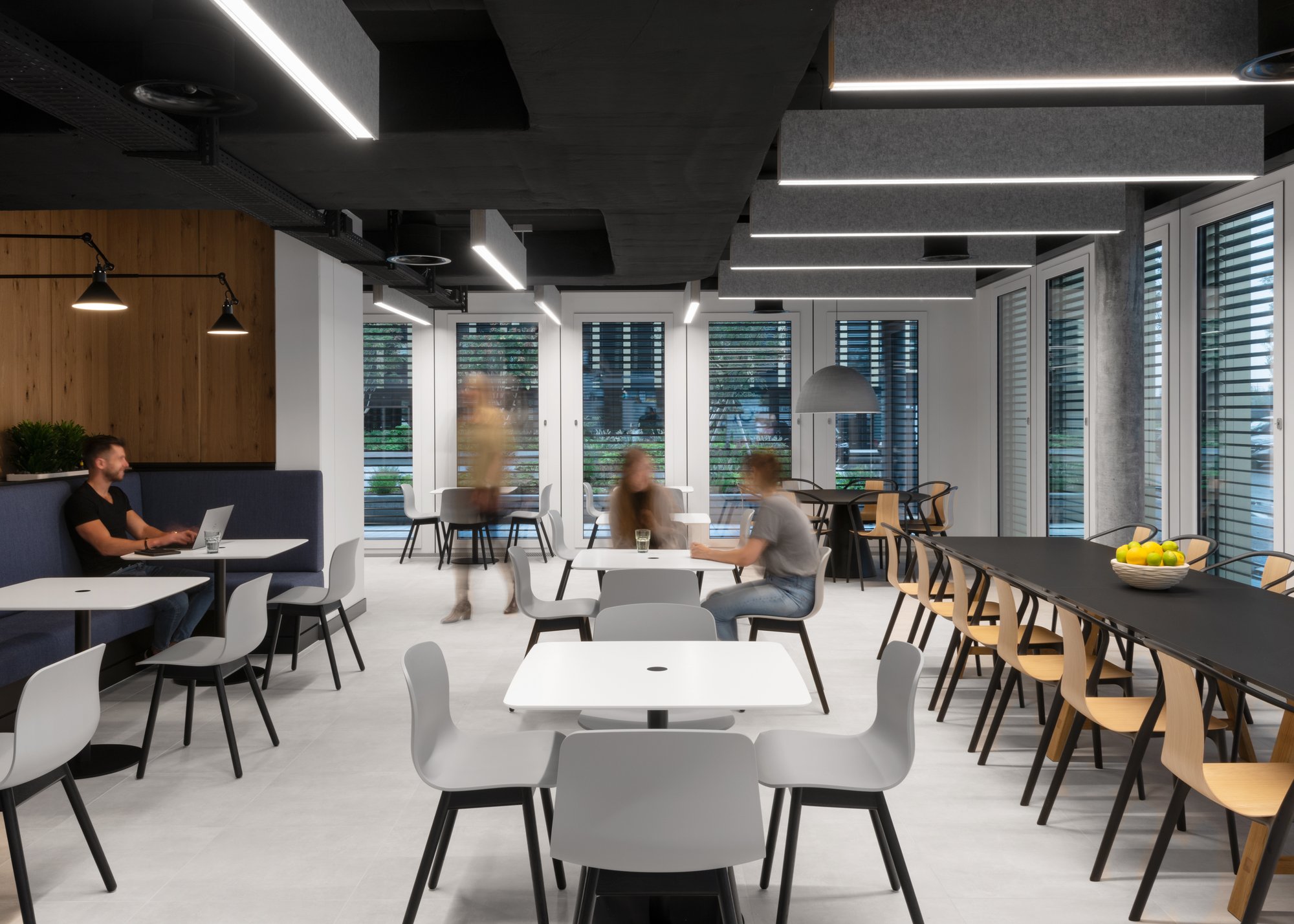
Biogen, Switzerland wanted spaces where people were excited to work and that enables them to thrive. Not only did they consider the physical space, but also about the people working there and what they need beyond the space.
Our “science-first” approach is tried and tested
With a portfolio of over 320 successful life science projects representing over $1.5b in CAPEX projects, partnering with Unispace Life Sciences means creating lab spaces designed in partnership with our in-house scientists that help you prepare for today’s research and tomorrow’s breakthroughs.
Our unique combination of science background, laboratory user experience, engineering expertise, and extensive construction knowledge enables scientists to proceed with confidence. From the outset and through the entire project lifecycle, we ensure that facilities are delivered on time, within budget, and tailored to the high standards of scientific innovation.
Partner with Unispace Life Sciences to create a laboratory environment that’s a dynamic hub for discovery and innovation, designed intelligently and built to evolve with your research aspirations.
Download our Future Labs whitepaper.
